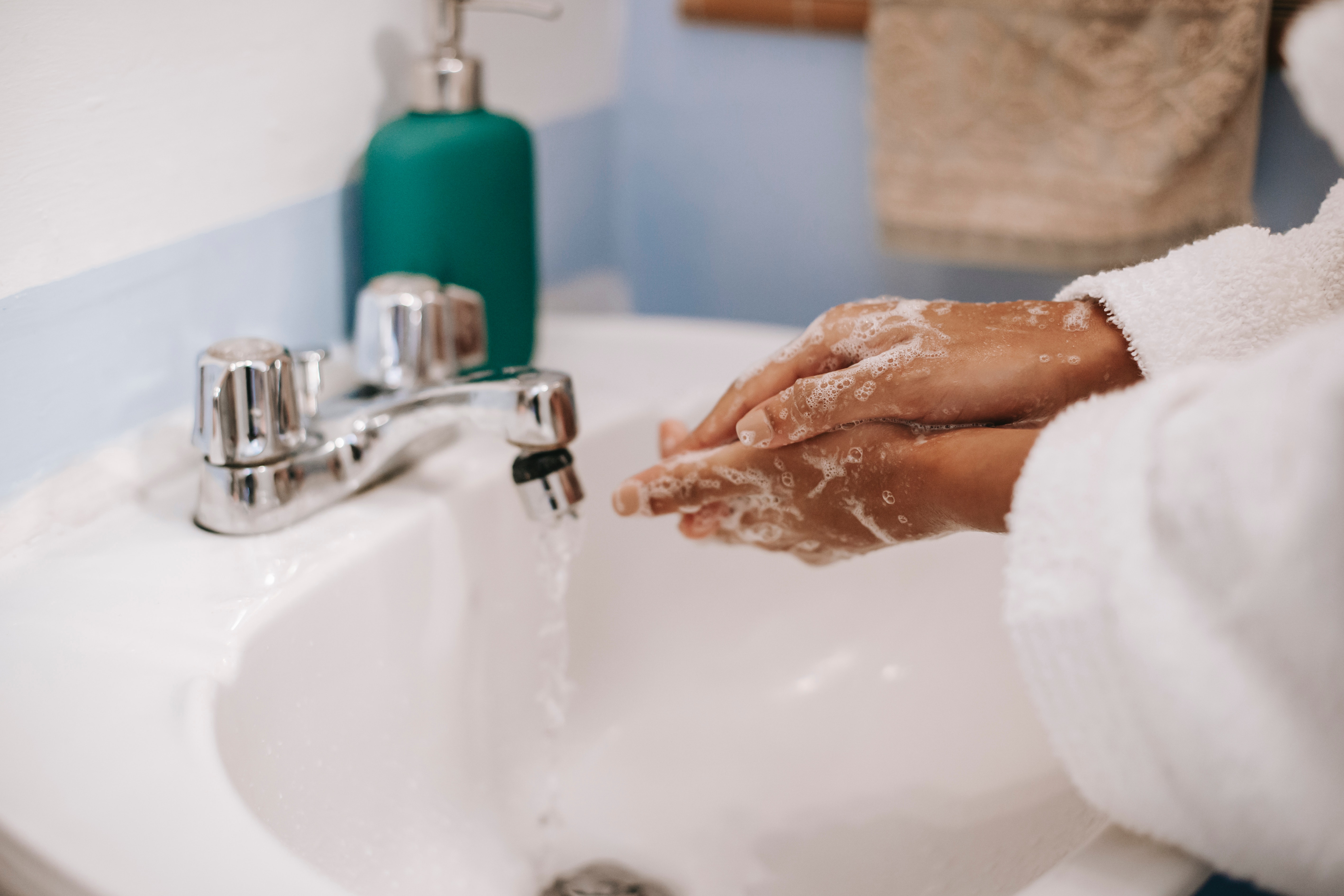Soap is a staple in our daily lives, but did you know that many soaps found in the market today can have a negative impact on the environment? That's because many soaps are made with ingredients to boost their fragrance, color, or foaming capability. These added ingredients can take many years to break down in select environments. This can lead to pollution of waterways and the formation of harmful algae blooms.
Enter biodegradable soap. Biodegradable soap is made from ingredients that are able to be broken down by bacteria and other living organisms in a much shorter period of time. While the entire carbon footprint of each product (ingredient sourcing, land use, water use, packaging, etc.) still needs to be taken into consideration, biodegradable soap certainly has a higher likelihood of being the more environmentally friendly option. Due to this, it is no surprise that consumer preferences and regulatory bodies have begun to favor soap that can breakdown easily in the environment and is sustainably sourced/packaged. In fact, the entire organic soap market is expected to rise to $383 million by 2025.
The Main Reason Why Biodegradable Soap is Increasing in Popularity
In short, increased awareness of the environmental impact of soap and increasing consumer concern for the environment is leading to the growing market for environmentally friendly soaps. People are becoming more conscious of the need to reduce their impact on the environment. Since soap is an extremely common product that is used by billions, found in nearly every household, and used multiple times a day. This usage was further highlighted as we went through the pandemic. The world used a record number of cleaning agents throughout this time and we still continue to see higher levels of use than pre-pandemic today. When you combine these factors, it is no surprise that consumer demand for environmentally-friendly soaps has seen an uptick.
How to Choose Biodegradable Soap
Many people in prosperous countries have become accustomed to the privilege of choosing their soap (i.e. bar vs. liquid, natural vs. synthetic, pumpkin spice scented vs. ocean breeze scented, etc.), even though this is not always the case in other countries. If you do have the privilege of choosing your soap, here are some things which can help you make a more eco-friendly decision:
- Look for products that have obtained ecolabels for their ingredients and/or packaging. Examples are the EU Ecolabel, Blue Angel Ecolabel, SCS Biodegradable Certification, along with many others. A full list of ecolabels can be found here.
- Make sure to read the label carefully to see what ingredients are included and avoid harsh chemicals. One example is triclosan (TCS), which was banned in soap products by the FDA in 2016 as it may increase children's risk of allergies and is an endocrine disruptor. This ingredient can still be found in many personal care products outside of soaps.
Where to Buy Biodegradable Soap
Biodegradable soap is available at most major retailers, as well as online.

